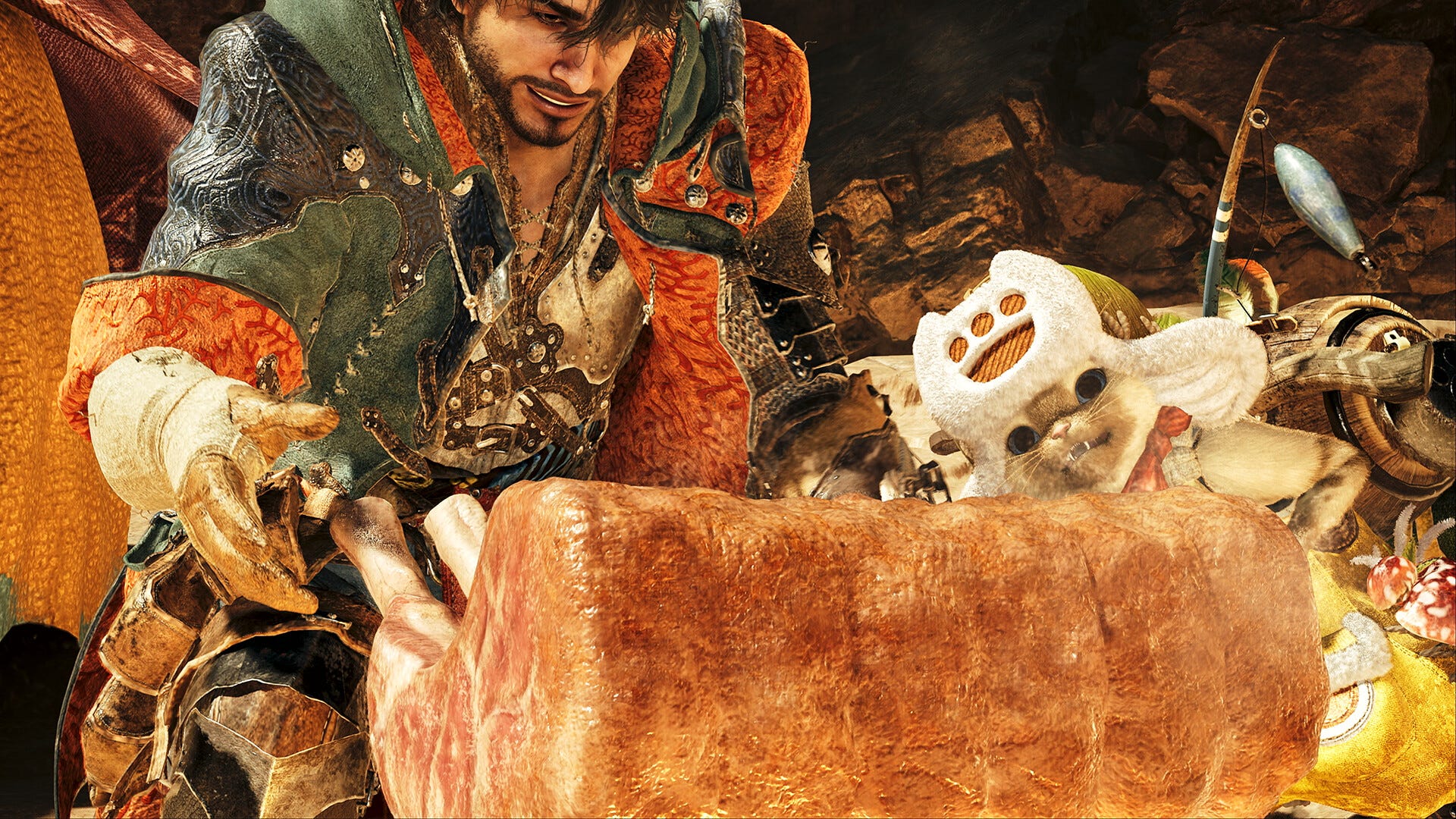The Warrior’s Anti-War Novel
In All Quiet on the Western Front, Erich Maria Remarque invented modern war writing.

Every war begins in blind folly and ends in unimagined suffering. This is true of all wars but especially of the First World War. Its catalysts were so trivial and its consequences so apocalyptic that they belong in a Swiftian satire of human stupidity: the shooting of a bewhiskered potentate, followed by a botched game of diplomatic chicken, armies mobilized across Europe and cheered on by delirious publics, a whole generation sent to die by the millions in industrial warfare—all for a few miles of mud and barbed wire. Between the assassination in Sarajevo, the mass slaughter in the trenches, and the stagnant front lines lie disproportions so immense that cause and effect lose all relation. The conflict is a sustained demonstration of war’s essential inanity. “Every war is ironic because every war is worse than expected,” the critic Paul Fussell wrote in The Great War and Modern Memory. By this standard, World War I was the most ironic war in history.
What did the soldiers of the Great War think they were going off to defend? King, kaiser, czar, empire, democracy, European civilization, national honor—the reasons, in hindsight, make no sense. By 1917, the meaninglessness of the sacrifice had become clear enough to the combatants, if not to civilians back home: French and Russian troops mutinied, tens of thousands of soldiers on both sides deserted, the British poet and captain Siegfried Sassoon made a public anti-war declaration, and English war poetry turned brutal and bitter. Yet most soldiers, including Sassoon, fought on, under intolerable conditions—rain-soaked and hungry; facing machine-gun fire, shelling, and chlorine gas; surrounded by the half-buried corpses of their comrades and enemies—until the last minute of the last hour before the armistice on November 11, 1918, when, to quote John Kerry, an unknown soldier became “the last man to die for a mistake.”
In some ways, the enormous casualty figures are less staggering than the survivors’ endurance. After all, the living soldiers had to withstand the example of the dead. Near the end of Erich Maria Remarque’s classic novel, All Quiet on the Western Front, the soldier-narrator, Paul Bäumer, says, “Isn’t it remarkable that … regiment after regiment heads into the increasingly hopeless fight, and one attack after another is launched, even as the line recedes and crumbles?” Why did they keep fighting?
Remarque—born Erich Paul Remark in 1898—was a lower-middle-class Prussian, conscripted into the Imperial German Army at age 18, and wounded in action in Flanders after a few weeks at the front in the summer of 1917. That was the end of his combat experience, but the emotions and images of the war haunted him for the next decade. Im Westen nichts Neues was a sensation in Germany in early 1929, and was translated into English later that year. Soon it was available in dozens of languages, and to date it has sold more than 20 million copies—the best-selling German novel ever.
[From the July 1929 issue: Edward Weeks’s review of All Quiet on the Western Front]
A few months ahead of Hemingway’s A Farewell to Arms, which appeared in September 1929, All Quiet on the Western Front invented a genre: the warrior’s anti-war testament. Even those who haven’t read the novel are likely to recognize its English title as a sort of requiem for the dead—not ironic like the original German (“Nothing New in the West”), but as sad as the playing of “Taps.” So much that’s become familiar about this genre can be found in Remarque’s book: the journey of the protagonist from youthful idealism through hard experience to bitter realism; the worm’s-eye view of the common soldier, with his narrow focus on danger, physical discomfort, and food, and his hatred of authority; the sense of immediacy, anxiety, and inescapability that comes with episodic, present-tense narration; the unflinching details; the band of brothers that slowly diminishes as they’re killed one by one.
A version of these literary features can be found in earlier writers—Homer, Stendhal, Tolstoy, Stephen Crane. But Remarque gave war writing its modern voice, understated and terrifying, harsh and tender, a voice that says: This is what it’s like. You may not want to hear, but I have to tell you. A passage such as this one in Remarque’s novel—where the first-person narrator is trapped in a watery shell hole with the corpse of an enemy soldier he’s stabbed to death—couldn’t have existed in earlier fiction about war, but it’s become almost standard ever since, without losing its power:
The sun is shining at a slant. I’m numb with exhaustion and hunger. Yesterday is like a fog to me, I have no hope of getting out of here. So I doze off and don’t even notice when evening comes. Dusk is falling. It seems to me it’s coming quickly now. Just one more hour. Three more hours, if it were summer. Just one more hour.
These sentences come from a new translation by Kurt Beals, which renders Remarque’s German in a colloquial register—sometimes caustic, sometimes lyrical—that is itself a product of the Great War. As he explains in his introduction, the original English version of 1929, by an Australian veteran of the war named A. W. Wheen, “is frequently stilted and labored,” as if its prose belongs to an earlier period and wasn’t forged in the fire of the story it tells. In this passage from Wheen, the soldiers have just been inspected by Kaiser Wilhelm II:
Tjaden is quite fascinated. His otherwise prosy fancy is blowing bubbles. “But look,” he announces, “I simply can’t believe that an emperor has to go to the latrine the same as I have.”
Here is Beals’s translation:
Tjaden is completely fascinated. His mind isn’t usually so lively, but now it’s bubbling over. “Look here,” he announces, “I just can’t fathom that a kaiser has to go to the latrine just like I do.”
He gives us a version that can stand as Remarque’s contemporary.
The huge popularity of All Quiet on the Western Front is a tribute to its universal accessibility. The novel’s force is undiminished by either its familiarity or its historical distance; the story it tells is at once time-bound and timeless. It doesn’t require any interpretive feats—it simply demands that the reader not look away. The narrative is fragmentary, nonlinear, and as static, in a way, as trench warfare. Young Paul Bäumer and his classmates in a provincial German town are exhorted by their schoolmaster to go defend the fatherland. Half a dozen enlist in the same regiment, are trained by an abusive corporal named Himmelstoss (a mailman in civilian life), and soon find themselves under fire somewhere on the Western Front. They learn the specific noise and lethality of each type of artillery, how to find cover in the open, where to forage for piglets and turnips. When one of them dies of his wounds, the others compete for his excellent boots. By the end, only Paul is left.
At one point, Paul and his old schoolmates discuss the reasons for the war. Who started it? Did the kaiser want it? Don’t both sides think they’re right? Who stands to gain? Not the common people, only politicians and generals. “It’s more like a kind of fever,” one of them says. “Nobody really wants it, but all of a sudden it’s there.” Finally they agree to drop the subject. From their point of view, the biggest questions about the war are unanswerable and change nothing. All they know is that they have to keep fighting to stay alive.
[From the December 2013 issue: The war no image could capture]
This is true for soldiers in any war, including “good” ones. In his essay “Looking Back on the Spanish War,” George Orwell, who fought in Spain against fascism, wrote: “A soldier anywhere near the front line is usually too hungry, or frightened, or cold, or, above all, too tired to bother about the political origins of the war … A louse is a louse and a bomb is a bomb, even though the cause you are fighting for happens to be just.” Accounts from eastern Ukraine suggest that even soldiers who go off to fight with high morale to defend their country and freedom are eventually overcome by disillusionment not unlike that of Paul and his comrades.
When the Nazis came to power in 1933, they banned All Quiet on the Western Front and later revoked Remarque’s citizenship, accusing him of being at least French and maybe Jewish. They had their reasons: The great success of an anti-war novel threatened German nationalism and militarism. Hitler, himself a veteran of the Great War, hated any view of it as pointless slaughter. And yet All Quiet on the Western Front has no clear politics; its pacifism, too, is never stated, only implied. “This book is intended neither as an indictment nor as a confession,” Remarque declares in an epigraph, but as “an account of a generation of people who were destroyed by the war—even if they escaped its shells.” The novel presents the Great War as a crime perpetrated by the old against the young, the powerful against the ordinary, and civilians against soldiers.
This last conflict is the one that matters most—more than that between opposing combatants or political outlooks. Before All Quiet on the Western Front, alienation from the home front was rarely a concern of war literature, but it’s become a central theme, as indicated by the title of the Iraq veteran Phil Klay’s collection of short stories, Redeployment. In Remarque’s novel, the horror of the trenches is so radically separate from the rest of life that Paul finds being at home intolerable. When he returns on leave, he can’t bear his mother’s sorrowful love, his sister’s forced good cheer, his father’s fatuous pride, or the bullying of a rear-echelon major whom he encounters by accident. The attitude of civilians amounts to “Thank you for your service” and “On to Paris.” Paul’s only pleasure is seeing his jingoistic schoolmaster, now called up in the reserves, humiliated by one of his former students in the same pointless marching exercises that Paul once suffered through in the name of defending the fatherland.
[From the July 1937 issue: A review of Erich Maria Remarque’s Three Comrades]
Paul is like a ghost revisiting his past. But as he moves through the world of his childhood, the identity that’s allowed him to survive the trenches—“indifferent, and often hopeless”—is undone by the feeling that surges back, by the pain of wanting his mother’s comfort. He can’t be both a son and a soldier, and he chooses the second. “I never should have gone on leave,” he thinks, and when it ends, he returns to the war with a kind of relief.
This sequence plays a key role near the end of the 1930 American film adaptation of All Quiet on the Western Front. Its 13 minutes are the movie’s quietest and saddest, but the subplot never appears in the 2022 German production, which won several Academy Awards. The omission is strange, rendering a relentlessly, grotesquely violent film less wrenching. In our time, with military service in most democracies, including America, limited to a small professional army, the chasm between civilian at home and combatant at war has never been greater. One result is that a filmmaker seeking to represent the horror of war as intensely and immediately as Remarque did is likely to make the mistake of showing little other than blood and mud. But Paul’s return home is pivotal to the novel, because in Remarque’s telling, war’s ultimate crime is to make soldiers fit for nothing else. The survivors, winners and losers alike, will come back “tired, broken, burned out, rootless, and hopeless”; incapable of understanding or being understood by the previous generation and the generation to come; doomed to live in their own tortured memories; “superfluous to ourselves.”
[Read: The All Quiet on the Western Front remake flattens the complexity of war]
Here is a partial answer to why the soldiers of the Great War kept fighting long after it was hopeless. They fought to avoid punishment, they fought for their brother soldiers, they fought out of lingering patriotism, and they went on fighting because they saw no way back.
This article appears in the March 2025 print edition with the headline “The Warrior’s Anti-War Novel.”













































































